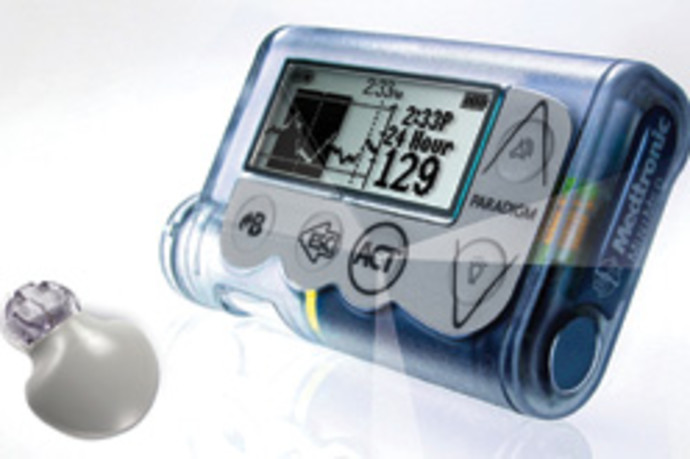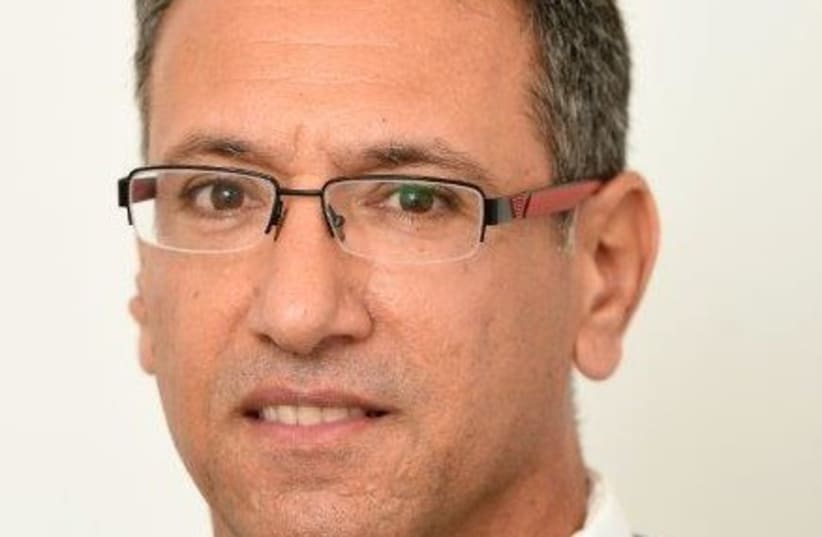A phase II pharmacology study has found positive initial data of EscharEx, a bioactive therapy for rapid debridement in chronic and hard-to-heal wounds, Israeli biopharmaceutical company MediWound announced on Monday.
The US-based study, which is ongoing, examined the treatment of seven patients with either diabetic foot ulcers (DFUs) or venous leg ulcers (VLUs). EscharEx demonstrated safe and effective debridement (removal of dead or infected skin tissue to help a wound heal) with a few daily applications. Additionally, evaluation of tissue samples (biopsies) and fluorescence images of the wounds indicated a reduction of biofilm and bacterial load after the treatment.
EscharEx acts by mediating the proteolytic enzymes that cleave and get rid of the necrotic tissue, in addition to readying the wound bed for healing. It remains an investigational product and is currently in a US phase IIadaptive design study.

MediWound expects to share the full data set from this study in the first half of 2022, according to its CEO, Sharon Malka.
“The data from this pharmacology study, which is in line with the results of our previous phase two study in both VLU’s and DFU’s, clearly supports EscharEx as a potential triple threat in the treatment of chronic wounds with its effective wound debridement, disruption of biofilm and reduction of bacterial load,” Malka said. “We believe that EscharEx, with its attractive product profile, can meaningfully improve wound care treatment over the current standard of care."
“We are very pleased to see the initial data show that EscharEx could effectively debride wounds while disrupting biofilm and lowering bacterial bioburden," according to Dr. Robert Snyder, Chief Medical Director of the EscharEx program.
"There is wide consensus among clinicians that infection and microbial biofilm impede the healing process and prolong wound healing," he said. "The pharmacology study provides us with a better understanding of what is happening in the wound bed, both during and after debridement with EscharEx.”
